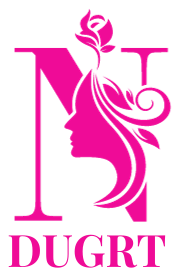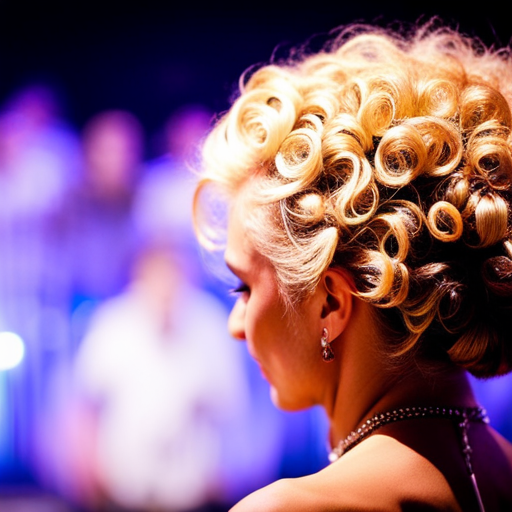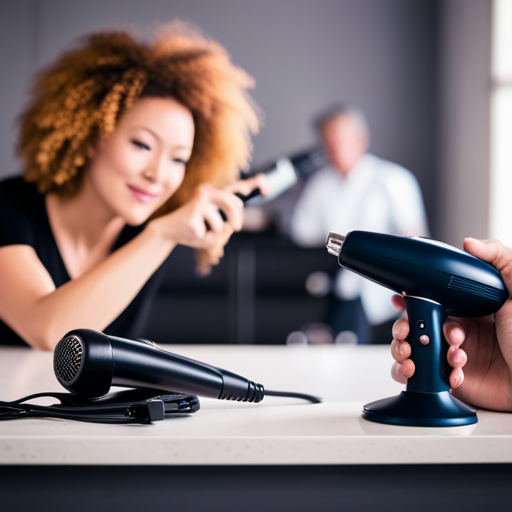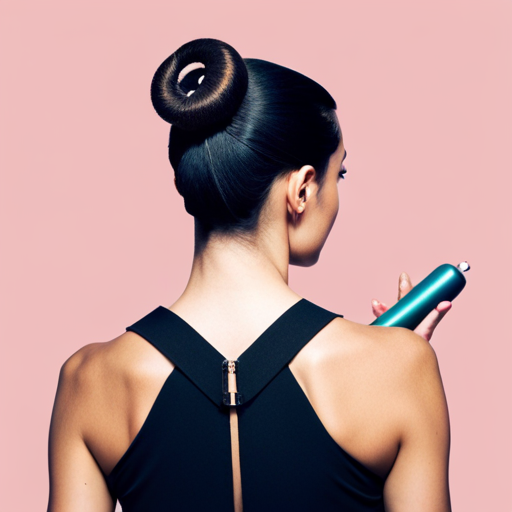How to Keep Your Scalp Healthy and Comfortable
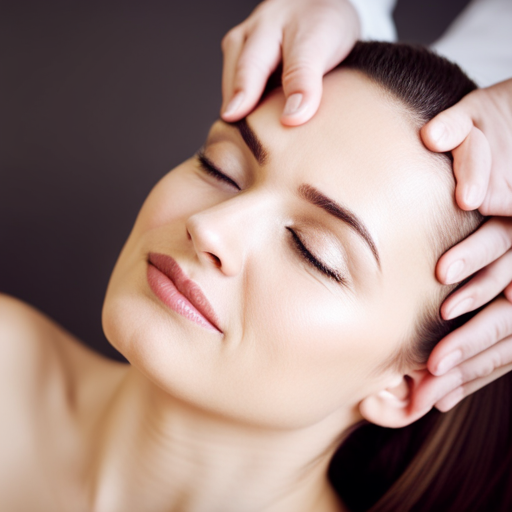
Discover the secrets to maintaining a comfortable and healthy scalp with our expert guide.
In this comprehensive article, we delve into the essential practices and techniques for scalp care. This includes proper cleansing, moisture balance, nourishing treatments, and protective measures against environmental factors.
By adopting these professional recommendations, you can optimize your scalp health and enjoy a more comfortable and revitalized headspace.
Understanding Scalp Health
Understanding scalp health is essential for maintaining overall hair and skin wellness. A healthy scalp is the foundation for strong, vibrant hair. One effective way to promote a healthy scalp is through regular scalp massages. Scalp massage increases blood flow to the hair follicles, promoting hair growth and overall scalp health. It also helps in distributing natural oils throughout the scalp, keeping it moisturized and nourished. Additionally, scalp massage can be an excellent stress management technique. Stress is known to have adverse effects on the scalp and hair health, including dandruff, hair loss, and scalp inflammation. Scalp massages help in reducing stress and promoting relaxation, thereby positively impacting scalp health.
In the subsequent section, we will delve into proper cleansing techniques that are crucial for maintaining a healthy scalp. Proper cleansing helps in removing excess oil, product buildup, and impurities, thus preventing scalp issues. It also lays the groundwork for effective scalp treatments and nourishment.
Proper Cleansing Techniques
Proper cleansing techniques are essential for maintaining a healthy scalp. Scalp massage and relaxation techniques during cleansing can stimulate blood flow, promoting the delivery of essential nutrients to the hair follicles and helping to relieve tension and stress. This can contribute to a healthier scalp environment and may even promote hair growth.
Scalp exfoliation is another important aspect of proper cleansing. It helps to remove dead skin cells, excess oil, and product buildup, which can clog pores and lead to scalp issues. Gentle exfoliation methods, such as using a scalp scrub or a soft brush, can help to maintain a clean and balanced scalp.
Additionally, scalp exfoliation can improve the effectiveness of other scalp treatments and allow for better absorption of nourishing products. By incorporating these techniques into your cleansing routine, you can promote scalp health and create a more comfortable environment for your hair to thrive.
Balancing Scalp Moisture
Maintaining proper moisture balance on the scalp is essential for overall scalp health. Proper shampooing techniques and the use of scalp oils are two key strategies for achieving this balance.
Understanding how to effectively utilize these methods can help to keep the scalp healthy and comfortable.
Proper Shampooing Techniques
To maintain a healthy and comfortable scalp, it is essential to use the proper shampooing techniques to balance the scalp’s moisture. When shampooing, start by wetting your hair and applying a small amount of shampoo to your scalp.
Gently massage the shampoo into your scalp with your fingertips, using circular motions to stimulate blood flow and ensure thorough cleansing. Be mindful not to use excessive force, as this can lead to irritation or damage to the scalp.
Rinse the shampoo thoroughly with lukewarm water, ensuring no residue is left behind. For those with a dry scalp, consider using a moisturizing shampoo to help hydrate and nourish the skin.
Proper shampooing techniques are crucial in maintaining a healthy scalp and promoting overall hair health.
Using Scalp Oils
Using scalp oils is an effective method for balancing the moisture of the scalp. Scalp oils, such as coconut oil, jojoba oil, or olive oil, can help nourish the scalp and prevent dryness.
Regular scalp massages with these oils can improve blood circulation, promote relaxation, and enhance the effectiveness of the oils.
Natural remedies like tea tree oil have antimicrobial properties that can help maintain a healthy scalp environment.
When applying scalp oils, it’s important to focus on the roots and gently massage the oil into the scalp. Leave the oil on for at least 30 minutes before shampooing to allow for maximum absorption.
Incorporating scalp oils into your hair care routine can contribute to a healthier scalp and more comfortable hair.
Nourishing Scalp Treatments
When considering nourishing scalp treatments, it is essential to prioritize products containing natural ingredients with proven benefits for scalp health.
Scalp massage and relaxation techniques are effective ways to promote scalp health and stimulate blood flow. These techniques can be enhanced by using DIY scalp masks made from natural ingredients such as coconut oil, avocado, aloe vera, and essential oils like lavender or rosemary.
These natural ingredients are known for their moisturizing, soothing, and nourishing properties, making them ideal for maintaining a healthy scalp. Coconut oil, for example, has antibacterial and antifungal properties that can help prevent scalp infections, while avocado is rich in vitamins and antioxidants that promote overall scalp health. Aloe vera is known for its soothing and calming effects, which can alleviate scalp irritation and inflammation.
Additionally, essential oils like lavender and rosemary not only provide a pleasant aroma but also offer scalp-stimulating and anti-inflammatory benefits.
Incorporating these natural ingredients into nourishing scalp treatments can contribute to a healthy and comfortable scalp.
Protecting Against Environmental Factors
Protecting your scalp against environmental factors is crucial for maintaining its health and comfort. Sunscreen specifically designed for the scalp can shield it from harmful UV rays. Wearing hats and headscarves can provide additional protection from the sun and other environmental elements. By taking these precautions, you can help to keep your scalp nourished and free from damage caused by external factors.
Sunscreen for Scalp
Shielding your scalp from environmental factors such as UV radiation is essential for maintaining its health and comfort. Scalp sunburn can be painful and potentially lead to long-term damage, making prevention crucial.
Applying sunscreen to your scalp is an effective way to safeguard against harmful UV rays. When using scalp sunscreen, consider these application techniques:
- Choose a sunscreen specifically formulated for the scalp to ensure proper protection.
- Look for a non-greasy formula to avoid weighing down your hair and causing discomfort.
- Apply the sunscreen generously, ensuring full coverage of all exposed areas of the scalp.
Hats and Headscarves
To further shield the scalp from environmental factors such as UV radiation, utilizing hats and headscarves is a practical and stylish means of protection. When choosing a hat, consider wide-brimmed styles that offer ample coverage for both the scalp and face. Opt for hats made from tightly woven fabrics such as canvas or denim, as they provide the best protection against UV rays. Additionally, consider headscarves as a fashionable and versatile option for safeguarding the scalp. When tying a headscarf, ensure a snug yet comfortable fit to prevent it from slipping. Silk and satin scarves are gentle on the scalp and can be maintained by handwashing in mild detergent. With the right hat styles and fabric choices, along with proper headscarf tying and maintenance, you can effectively shield your scalp from environmental factors.
| Hat Styles | Fabric Choices |
|---|---|
| Wide-brimmed | Canvas |
| Fedora | Denim |
| Baseball cap | Polyester |
| Headscarf Tying | Maintenance |
|---|---|
| Secure fit | Handwashing |
| Versatile | Mild detergent |
Lifestyle Habits for Scalp Wellness
Maintaining a balanced diet and practicing regular scalp hygiene are essential lifestyle habits for promoting scalp wellness. In addition to these, stress management and dietary changes play crucial roles in ensuring a healthy scalp.
-
Stress Management
-
High stress levels can lead to an imbalance in scalp oil production, contributing to conditions such as dandruff and scalp itchiness. Engaging in stress-reducing activities such as yoga, meditation, or deep breathing exercises can help maintain a healthy scalp environment.
-
Prioritizing adequate sleep and incorporating relaxation techniques into daily routines can also aid in managing stress levels, ultimately benefiting scalp health.
-
Dietary Changes
-
Consuming a diet rich in essential nutrients like vitamins A, C, and E, as well as omega-3 fatty acids, can promote scalp health by supporting hair follicle function and overall skin health.
-
Limiting the intake of processed foods and sugars can also positively impact the scalp, as these dietary choices may contribute to inflammation and skin conditions that affect the scalp.
Frequently Asked Questions
Can Stress and Anxiety Affect Scalp Health?
Stress and anxiety can significantly impact scalp health. Incorporating meditation and relaxation techniques can mitigate these effects. Therapy and counseling can also improve scalp condition by addressing underlying mental health issues contributing to scalp discomfort.
Is It Normal to Experience Scalp Itching and Flaking During Seasonal Changes?
During seasonal changes, it’s common to experience scalp itching and flaking due to dryness and fluctuations in humidity. Proper scalp care, including regular cleansing and moisturizing, can help alleviate these symptoms. Natural remedies and gentle hair care products can also provide relief.
How Often Should I Change My Pillowcase to Maintain Scalp Health?
To maintain scalp hygiene, it is recommended to change your pillowcase at least once a week. Pillowcase cleanliness is crucial for preventing buildup of oils, dirt, and bacteria that could impact the health of your scalp.
Are There Any Specific Foods or Nutrients That Can Promote Scalp Health?
Nutrients like omega-3 fatty acids from salmon or flaxseeds, and biotin from eggs or almonds, promote scalp health. Foods rich in vitamin E, like spinach and avocados, support natural remedies for hair care.
What Are the Potential Effects of Using Heated Styling Tools on Scalp Health?
Using heated styling tools can adversely affect scalp health by causing dryness, irritation, and even burns. Preventive measures include using heat protectant products and minimizing heat exposure. Incorporating scalp-friendly haircare routines can help maintain scalp health.
Conclusion
In conclusion, maintaining scalp health is essential for overall comfort and wellness.
By understanding proper cleansing techniques, balancing moisture, nourishing with treatments, and protecting against environmental factors, individuals can promote scalp health.
Additionally, adopting healthy lifestyle habits can further contribute to scalp wellness.
Remember, a healthy scalp is the foundation for healthy hair and overall well-being.
So, take care of your scalp like you would tend to a garden, nurturing it for optimal health and comfort.
